What is modular tech and should you believe the hype?
Project Ara, Blocks smartwatch, TMA-2 headphones and more pushing modular tech movement


The new zeitgeist in the gadget world is modular tech, a loose term used to describe a product where you can chop and change different aspects of it to suit your needs. A good example of this can be seen in the recently crowdfunded 'Blocks' smartwatch, which allows you to mix and match different strap segments to alter what functionality the device has. Want in-built GPS functionality? Then buy the 'GPS Module' and strap it on. Want the watch to monitor your heart rate like a fitness tracker? Then buy the 'Heart Monitor' module and strap it on.
Yeh, you get the idea.
The thing is, despite a dump truck load of hype being sloshed about all over the place, here at T3 Towers we're not immediately sure that this type of modular tech has a future. Yes, the Blocks smartwatch raised over $1.6 million on Kickstarter but, based on empirical evidence, that means jack in terms of indicating the tech roadmap of the future. Afterall, the infamous Logbar Ring drummed up £880,000 on Kickstarter and when was the last time you used your NFC smart ring? Exactly, it's currently floating somewhere in the Great Pacific garbage patch.
As such, we decided to take a look at some of the most notable modular tech projects on the market right now or currently in the pipeline.
Project Ara
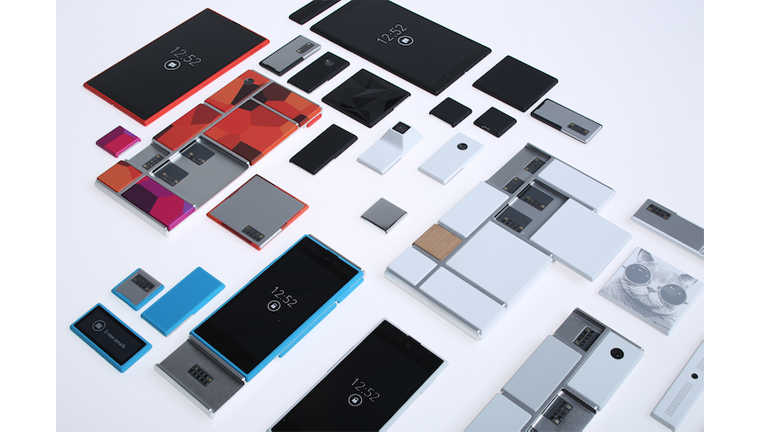
We start with modular tech's poster child, Project Ara. Headed by Google, Project Ara's goal is to develop a modular smartphone that can be shipped in its most basic, non-augmented form, for US$50. This basic phone would include a case frame, display, battery, low-end CPU and built-in WiFi. From that point on the phone would then be able to be upgraded by adding additional modules or swapping out pre-existing ones. So if you wanted a fast CPU, then you could just buy a faster one and slot it in the phone.
Sounds great, right? Well yes, in theory it does, however from what we've seen so far of the project - which has just been delayed substantially - a number of big issues still remain to be solved before the '6 billion people' Google say will use the Ara phones will actually do so. First among those issues, and this is before we even get to the actual technology, is that of existing network providers' billion dollar business model. That model exists based on the principle that users get handsets for a discounted or free price point and are then locked into a contract for a period in-excess of 12 months (usually two years). If users can simply buy a $50 Ara phone and then, whenever they want, upgrade its hardware, it completely removes the contract from the upgrade process. The contract that makes the network providers their vast profits.
And, guess what? Network providers like strapping you to that contract barrell and won't suddenly surrender their position of power and extreme wealth because some engineers in Mountain View tell them that they should.
Get all the latest news, reviews, deals and buying guides on gorgeous tech, home and active products from the T3 experts
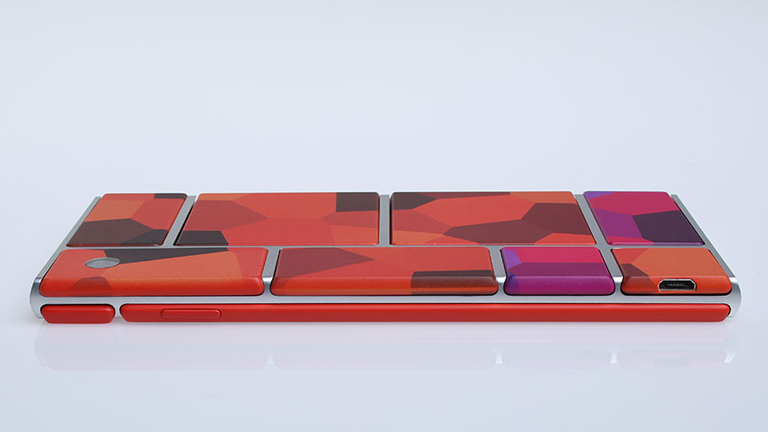
Secondly, of the numerous hardware issues that exist, the one of form factor and size remains paramount. The endoskeletons that Google intend to supply to link all the phone's modules together are chunky by smartphone standards and, simply put, will add unwanted bulk to people's pockets.The latest ball-park estimates by Google indicate that the size increase will sit at around 25 per cent, which they believe is a fair tradeoff for the versatility an Ara phone would supply its user. We're not so sure however as, when you're sat there with a heavier and bulkier product than your friend, who's non-modular phone is equally specced yet thinner and sleeker (and probably faster), how much longer will you want to stick with your modular smartphone?
The least said about the potential issues of interoperability and compatibility between modules made by completely different companies the better.
The concept behind the Ara is undoubtedly cool and here at T3.com we are definitely in favour of getting good tech into more people's hands, we're just not sure the Ara's approach is practical in its current incarnation.
Blocks smartwatch
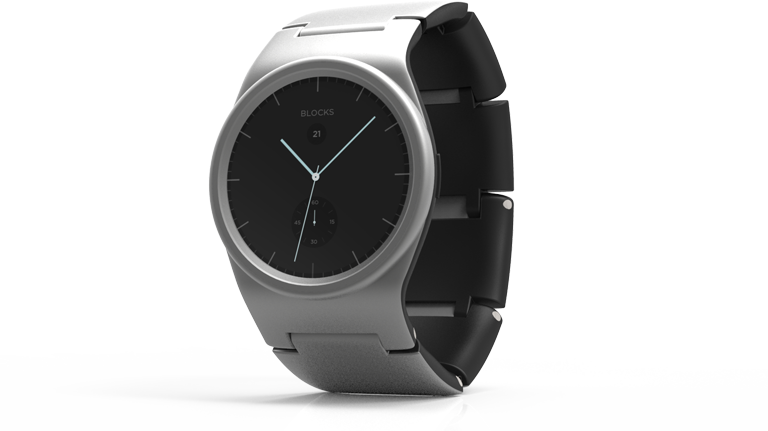
Next up is probably the hottest crowd-funded project of the moment, the Blocks smartwatch. This watch brings the Ara concept to the wearables market by segmenting its wrist strap into various 'modules'. These modules do things like adding extra battery life or functionality to the core watch, with things like environment monitors, gesture control and contactless payment capable of being installed.
At least with the Blocks smartwatch each module is currently being made by the same team and, unlike Ara, has the simpler structure of a watch to operate in. Interoperability between the modules should therefore not be so much of an issue (that said, Blocks is an open platform, so other 3rd party companies may start producing their own modules for it in the future). This said however, we're still not sold entirely on the concept, or the Blocks team's claim that 'your bank balance will thank you' for choosing a Blocks smartwatch over a non-modular one.
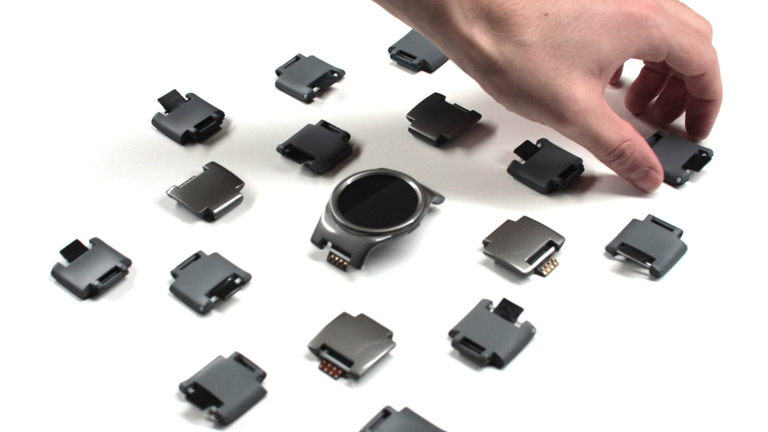
Firstly, we want all that functionality and more in our smartwatch and we don't want it to be dependent on what modules we've got slotted into our strap. Secondly, we subscribe to the boots theory of economics, whereby it is financially more savvy to invest in high-end tech as it will last longer and cost less in replacements in the long term than an entry or mid-tier product (even one that you can upgrade). And thirdly, here at T3.com we're a huge fan of genuine, free market choice and, while the Blocks project state that additional modules are in the works, we don't want to be beholden within any ecosystem, no matter how pleasant the garden is.
Blocks say that you will be freer within their ecosystem, upgrading your watch with new modules - read 'products' - from them each year rather than binning (or selling, right?) your old non-modular smartwatch and buying another. However, we are not so sure. Surely Blocks removes choice on the widest scale, trapping you within an ecosystem that gets perpetually harder to break free from the more you spend in it? It's like what's happened to the smartphone market, cutting yourself free from Android or iPhone is now not just about the hardware, it's about the vast library of paid software you have amassed. If you jump ship you don't just leave the hardware behind, you also leave hundreds if not thousands of pounds worth of software and apps.

Look, we don't want to be too hard on Blocks without really seeing it and testing it long term, as it does look like an interesting new piece of technology. However, as with the Ara, we think that there are questions that need to asked about affordability, hardware and choice that remain disconcertingly wooly right now.
- Read more: 10 best gifts for Christmas 2015
TMA-2 Modular
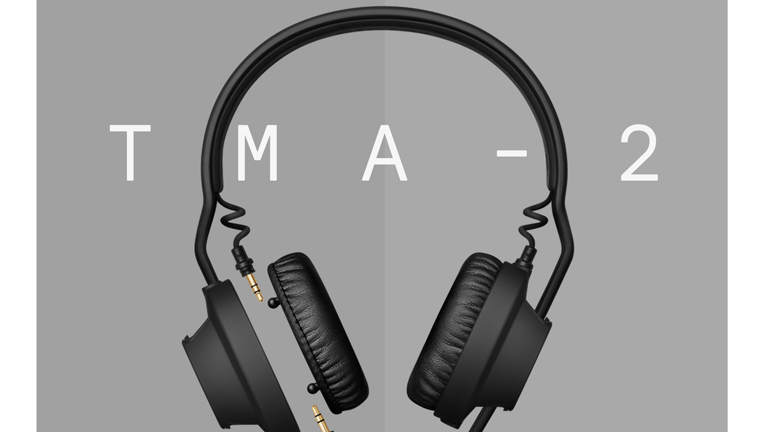
Lastly in this exploration of modular tech we have the TMA-2 Modular headphones from Danish company AIAIAI. These headphones, which are already on the market, allow various aspects of the unit to be chopped and changed up front, with the user capable of speccing the phones in the online shop, or buying individual components from a parts store after the initial purchase.
How modular are the TMA-2's though? Well, you can currently choose from 4 different driver sets, 3 different headbands, 7 types of ear pads and 6 different cables. The drivers allow for customised bass, mids and treble, the ear pads deliver sit-on or wrap around designs and the cables offer various functionality, lengths and flexibility. The headbands offer different levels of style and comfort. Prices range from €145 for the most basically specced set of TMA-2s, right up to €250 for a pair kitted out with the best components AIAIAI supply.
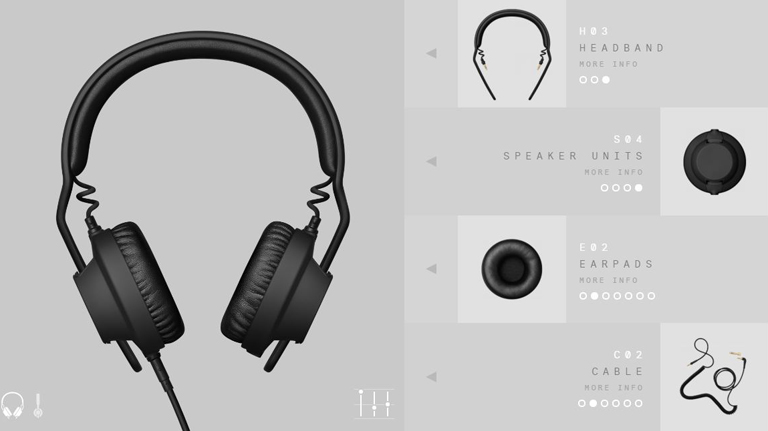
So, all in all, the TMA-2s do deliver quite a lot of options in terms of customisation. However, these headphones are clearly not modular in the way that the Ara or Blocks are, they are modular on an entirely different, lower level. Offering different wires and ear pads is all well and good, however they are essentially just accessories, they don't alter the core product in a massive way or deliver markedly new functionality. In partnership with altered drivers they tweak and tune the experience sure - which if you are an audiophile is important - but they don't add new functionality in the same way that adding a GPS or camera module to a smartphone would.
AIAIAI usually make good headphones, so we're confident that the various specs of TMA-2 will sound good, however whether it is truly a modular product or simply one with some levels of customisation is still up for debate in our eyes.
So does it have a future?
We're enthused about this modular tech movement here at T3.com, we really are. However we just can't get the idea out of our head that it's all going to end up being a bit gimmicky. Gimmicky and, in the real world, impractical. Do we want the ability to customise a product? Yes, yes we do. However, we've got that ability already with a wide-variety of tech. The Apple Watch for example has a huge selection of watch straps to choose from. Every smartphone under the sun has ample cases and accessories to buy and quite a few of those phones allow you to modify things like space via card slots or, if this isn't possible, allow you to dictate functionality by purchasing different models out of the gate.
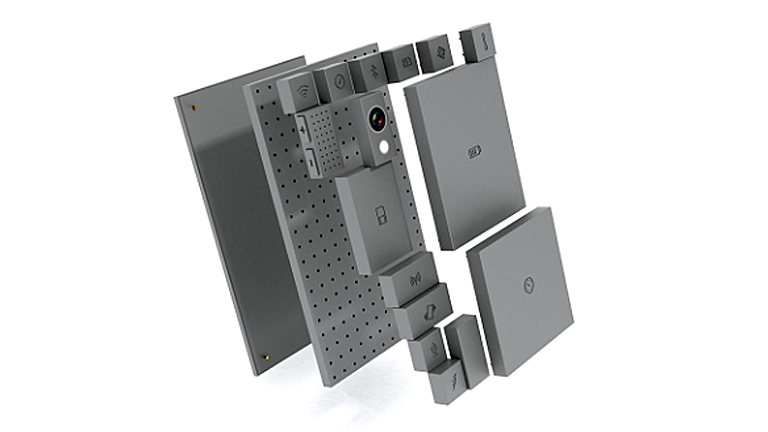
In addition, an entire super-profitable market of aftermarket products exists in almost all tech product categories on the planet, allowing you to upgrade your own gadget, car or machine in a plethora of ways. For example, is your car suffering from hard, rusted suspension? Want a more comfortable ride? Then you can simply browse the entire market, buy a set of Koni FSD suspension (or any other brand, of which there are many) and drive off happily into the sunset. You don't need to buy a 'modular' car. Want to upgrade your bike's stopping power? Then go out and buy a pair of Shimano brakes, you don't need a 'modular' bicycle. Want to play Fallout 4 on your PC with all graphics options turned up to max? Then go out and buy a new graphics card. Simple.
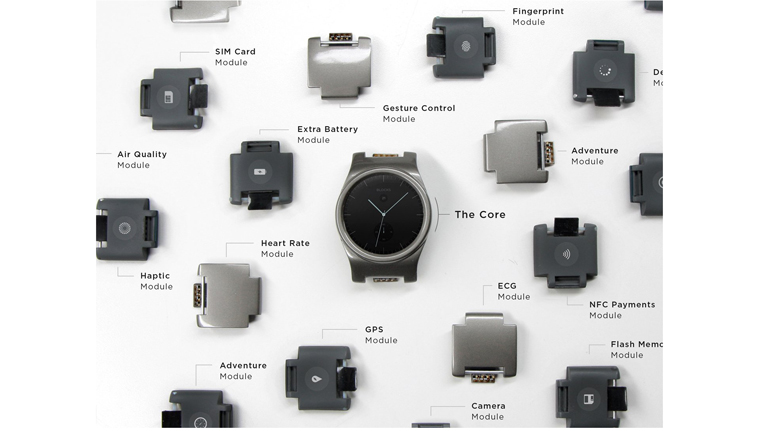
And this is the point - you don't need a 'modular' piece of tech to do any of this and the freedom and choice supposedly offered by modular tech actually, when you scratch the surface, is only skin deep. All pieces of technology are modular to some degree, with various components either switchable/upgradeable or not. We welcome a fresh approach to technology where modularity and upgradeability is elevated within products, however what should not be forgotten is that it is how well a product performs out of the box, not the promise of how it could work down the line if you invest in its financial ecosystem, that is truly important. Build great technology and then sell it. People will buy it if it is good and affordable. Don't build a piece of great technology and then parse it down into its component pieces so that you can drip feed them, payment plan-style, into an ecosystem that encourages entrapment and actually removes choice on the widest level.

Rob has been writing about computing, gaming, mobile, home entertainment technology, toys (specifically Lego and board games), smart home and more for over 15 years. As the editor of PC Gamer, and former Deputy Editor for T3.com, you can find Rob's work in magazines, bookazines and online, as well as on podcasts and videos, too. Outside of his work Rob is passionate about motorbikes, skiing/snowboarding and team sports, with football and cricket his two favourites.